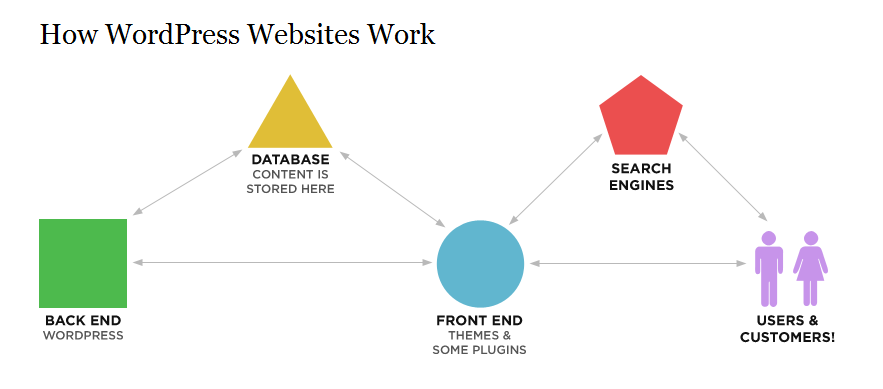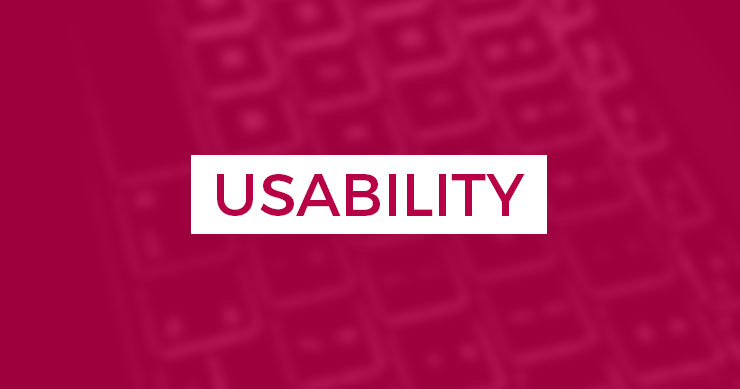 Okay, so this should be an awesome double session. Everyone’s favorite chiropractor, Michael Dorausch, is going to offer us some real world secrets of local search. If you’re a small business owner, I suggest you grab a pen and take some serious notes. Actually…I guess you can just print this out and chew on it. Not, literally chew on it. But you know. Whatever.
Okay, so this should be an awesome double session. Everyone’s favorite chiropractor, Michael Dorausch, is going to offer us some real world secrets of local search. If you’re a small business owner, I suggest you grab a pen and take some serious notes. Actually…I guess you can just print this out and chew on it. Not, literally chew on it. But you know. Whatever.
After Michael is done, Chris Pearson is gonna step in and talk a bit about optimizing WordPress, which should be interesting considering his non-BFF relationship with WordPress’ Matt Mullenwag.
The boys look ready and Michael is up first. Michael says you can’t be an SEO and not do local. That’s like being an SEO and not doing social. The train has left the station.
Excited About Local?
Maps, TomToms, Review Sites, Place Pages, iPhones, Yelp, Facebook, Places, Google Boost, Gowalla, etc. You gotta hire some SEOs because this is just way too much. If you’re a dentist, you got clients. You can’t be worrying about this stuff all weekend to watch. There’s football to watch. Hire someone to help you. All of Michael’s SEO friends just slip him five dollars. ;)
Real World Secrets
We’re not alone in being excited. His patients are using FourSquare to check into this office. What you should know:
- Consumers love this stuff.
- We are them and they are us.
- We want to help the new ones along. If he sees a customer with a new iPhone or Android, he helps them find new apps to be “that tech friend” in the community.
- Ask the advanced ones for help.
Real World Vs Theory
- Who’s good for bottom line?
- Who’s good for branding?
- Who’s good for ranking?
- Who’s good for nothing?
Real World Questions
- How did you hear about us?: Consumers know what keywords are, several years ago they didn’t. Now they’re excited to share that they did a keyword query and you came up. Embrace that and ask them about it.
- Did you have any problems getting here?: Is anybody calling your business on your way to your business lost? That’s a flag that your address or mobile information may be inaccurate. You need to fix that.
- Did you use any mobile tools to get here?
- How do you like your phone?
- Do you use the map features?: If everyone in his business is using Google, it’s really important that everything shows up and works. Test that by getting out and do some homework. You can’t expect your SEO to do it for you.
Gather Data: Employ someone (or team) to track data. It’s a big task, but it’s worth it. You want to find out whose in the midst of your office. How do you find out that you have an elite Yelp user in your business? There’s a way to go about it that it just comes naturally. If it doesn’t come naturally, keep working on it. You want to gather data on mobile, on the desktop, etc. Ask simple questions – is this the first time you’re in our hotel? You can ask that when they check in. If the answer is yes, ask how they heard about you. This will help your SEO get their work done.
Act on Gathered Data:
- Power users, elites
- Where are we strong/weak?
- Social media policy?
- Photo policy?: Embrace it! If someone is taking a photo of your food – they may be a foodie blogger. Let them do it. They’re obviously taking that photo for a reason, find out what it is.
- Cell phone policy?
Local Business Review Sites
- Yelp
- BizRate
- Reseller Ratings
- Epinions
- MrRebates
- PriceSpider
- RateItAll
- ReviewStream
- Yahoo
- AngiesList
- InsiderPages
- CitySearch
- Local
- MerchantCircle
- TripAdvisor
- OpenTable
- Zagat
- YellowBot
Find out what works for your niche. Make it easy for people to leave reviews and encourage them to do so. If you see your business only has a 1 Star review. Take a picture of it and put it up in your business. You want to show people loyal to your business that this negative review exists. It will encourage them to bury it themselves. They want to protect and defend the businesses that they care about. That’s actually pretty cool. I hadn’t though of that but I totally see how it’d work.
Reviews
- URL Shorteners
- Page w links (your URL) – have a noindex page that has all your URLs on there and you can send people to that page to encourage reviews. He thinks it’s a spectacular idea. It’s a nice model for small businesses. He thinks it should be a WordPress plugin that runs on Thesis (Chris Pearson smiles next to him :) )
- Business Cards
- Postcards
- Emails
Location-Based Services
- FourSquare: There are only 69 people checked into PubCon right now out of 3000 registered attendees, and we’re a tech-geeky group. Don’t put all your focus on location-based services, but don’t ignore it either
- Gowalla
- MyTown
- Yelp
Location-Based services work best for locations that are hip, trend and frequented regularly. Think Bellagio vs Embassy Suites – no one is going to check into the Embassy Suites. They’re going to check into the Bellagio even if you’re not staying there. Hee. Think coffee house vs local dentist.
- 4 percent of online adults surveyed are using location-based services
- 7 percent of those adults who go online via their phones make use of a location-based service regularly
The worst thing you can do as a small business owner is decide you want to be on the leading edge of tech and only be there. Get the basis right first. Make sure your site is well-optimized for it. Study it, invest in it, but don’t ignore everything else for it. If you have a high check-in potential – add gasoline to it. If you have a low check-in potential – don’t sweat it yet.
Local is going to be the darling of the ball next year. Aw. :) It’s going to take off with the data coming in and finding out where people are going.
Place Pages: Google shakes the jar with prominent placement and focus on Place pages. Some have not recovered from the shock, directories are spiraling, many businesses are still asleep. He shows the Place pages coming up for Las Vegas Hotels. We spend some time dissecting some Place pages for the major hotels. If you HAVEN’T looked at and optimized your company’s Google Place Page, it’s really important that you do so.
What’s Coming In 2011
- Google Boost
- Google Tags
- Facebook Places/Deals
- Coupons
- More ways for businesses to advertise
Up now is Pearsonified.
Chris says the nature of SEO is always changing. He doesn’t even like to call it SEO anymore. What you’re really doing is building your site the right way. We call that SEO but really, it’s just doing the right thing and building good sites. Go ahead. You can “aw”.
Wordpress is not responsible for SEO, it’s what you do and what you do on WordPress that affects how you rank. Chris explains how WordPress Websites work. Here, I lifted this handy illustration off his site for you. Hopefully Chris doesn’t yell at me. :)
The point of the diagram is to tell you that WordPress is not responsible for SEO – its your themes and plugins.
Which parts of your pages should be optimized:
- Title Tag: It’s the most fundamentally thing on a freakin’ Web page. Most themes don’t give you a way to modify the title for each of your pages. There are various plug-ins but it’s much easier to have one piece of software that is responsible for simple SEO stuff right there in your interface than to be using a bunch of plug-ins you have to update. You want to make it super compelling so that people will click on it. So sometimes you’ll want to change the Title tag so it’s not as “entertaining” as your page/post Title.
- Meta Description/Meta Keywords: They’re not essential for SEO anymore, but when you look at a search result, the text under the Title tag is the Meta Description for the page. Most search engines will serve whatever text they want, regardless of what you supply. But think about adding a Meta Description so you can add content that is compelling and that sells your page.
- Write a great headline that appeals to humans and is also laser-focused on the content of the page.
- Minimize on-page distractions and always consider the goal of each page when deciding which elements should stay and which ones should be nixed. He shows a funny example illustrating that if you give people options they’ll do anything they can not to buy from you. Be aware of what you’re putting on your page and where you may be directing them, especially as an affiliate.
As far as themes go, you want to make sure you have perfectly optimized semantic HTML markup, preferably including microformats. There’s a hierarchical structure to the way HTML should be served. A well marked up page should serve any kind of content. To him, it makes sense software should write your HTML markup for you. You shouldn’t have to think about it. You should be using a framework that has already solved this problem. I think he means Thesis. :) Don’t choose your theme because you want a design, choose it because it’s doing the fundamentals correctly and lets you be flexible with your layout.
He opens up the floor to do some mini site-reviews and basically hacks apart people’s code. Which is awesome. However, I’m not smart enough to blog it. This is why you should be here.
And we’re done. It’s time for lunch. Back in a bit, kids.



